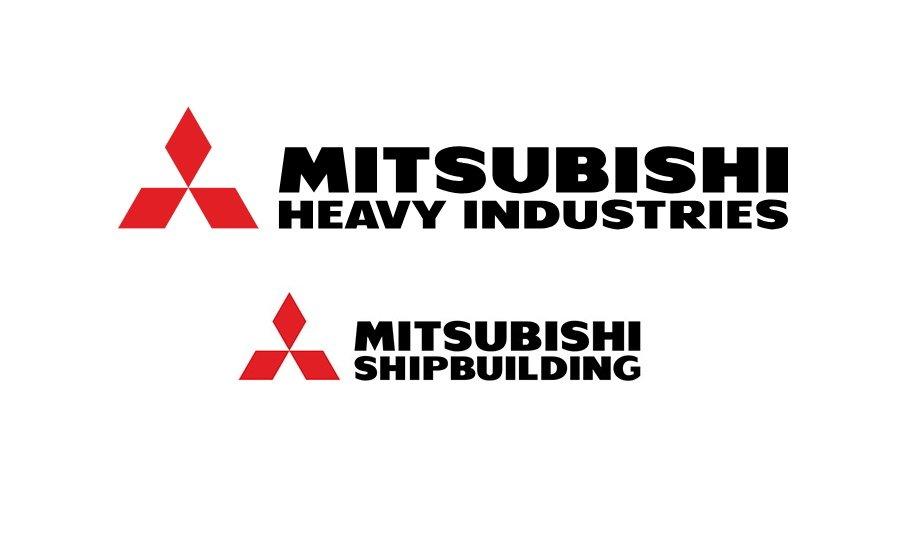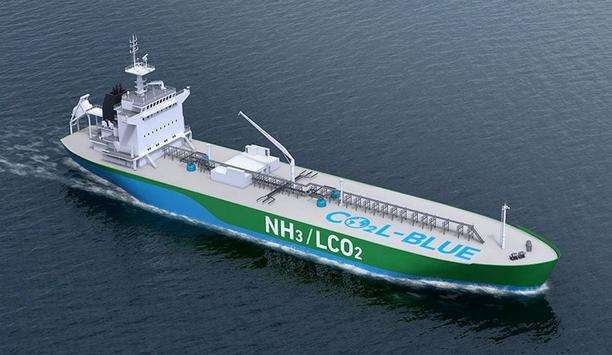Imabari Shipbuilding Co., Ltd. and Mitsubishi Heavy Industries, Ltd. (MHI) have agreed to perform engineering of conventional vessels other than LNG (liquefied natural gas) carriers on consignment from Nihon Shipyard Co., Ltd. at MI LNG Company, Ltd. (MI LNG), their jointly operated LNG carrier engineering firm, augmenting MI LNG’s earlier business relating to LNG carriers. The new business arrangement will get underway starting in July.
The agreed engineering business is to include functional engineering of both traditionally fuelled ships and conventional vessels that adopt alternative fuels, such as LNG, as well as partial engineering of LCO2 (liquefied carbon dioxide) carriers to be jointly developed by Mitsubishi Shipbuilding Co., Ltd., part of MHI Group, and Nihon Shipyard.
Rise in demand for construction of LNG-fuelled ships
Demand is also taking shape for vessels running on alternative fuels, such as ammonia and methanol
As initiatives toward decarbonization accelerate in the maritime industry, demand is growing for construction of LNG-fuelled ships as an interim solution, until conversion to new fuels is achieved. At the same time, demand is also taking shape for vessels running on alternative fuels, such as ammonia and methanol.
Meanwhile, LCO2 carriers are garnering attention as effective means for transporting captured CO2 safely and in large volumes, and demand for such ships is also expected to grow in the years ahead.
Imabari Shipbuilding to strengthen engineering functions
Imabari Shipbuilding aims to strengthen its engineering functions, in order to drive further business expansion in ship construction at Nihon Shipyard, which it jointly operates with Japan Marine United Corporation, and to put the company in a solid position to take orders in these various new fields.
Through Mitsubishi Shipbuilding, which handles business in ship construction and marine engineering, MHI Group has undertaken business in equipment provision and engineering of fuel gas supply systems for LNG-fuelled ships, applying its gas-related technologies accumulated through construction of liquefied gas carriers.
Going forward, Mitsubishi Shipbuilding will continue to apply MHI’s component technologies in growth areas such as new fuel conversion and LCO2 carriers, towards achieving their early commercialisation.










